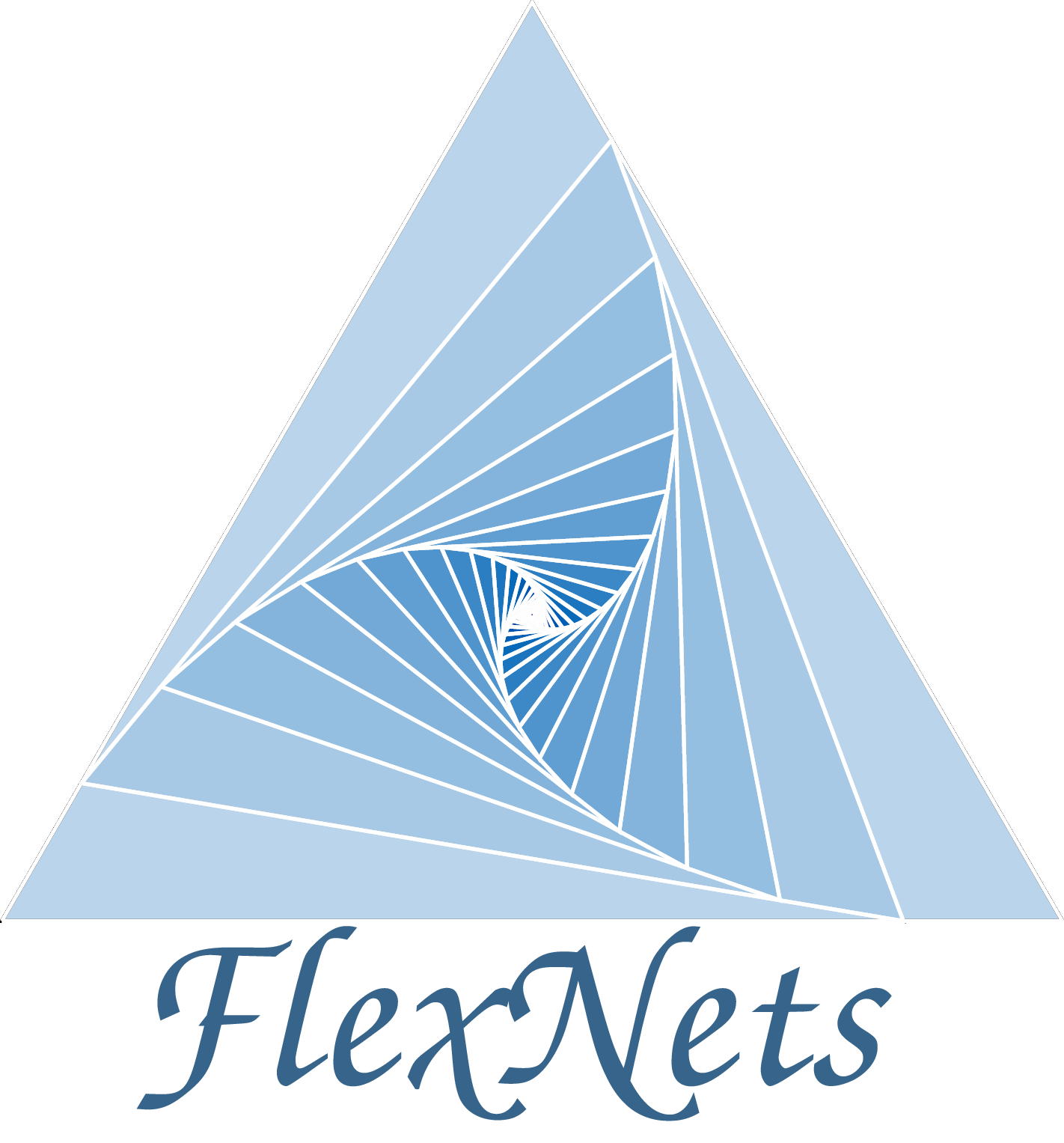Scope
Future systems such as 5G and beyond are expected to serve applications with varying requirements, be adaptive to dynamic topologies, and take autonomous decisions to reconfigure the networks for efficiency and resiliency purposes. As a result, next-generation networks are subject to certain spatial and temporal requirements affecting the behavior of the network, which may be considered as an intuitive indicator of the need for certain transformation processes. The variety in the demands of individual users and even each application is expected to increase in time together with the increase in the number of services provided by these networks. As the number of such bandwidth-hungry applications increases, the capability of end-to-end holistic network transformation is required triggered by the dynamicity and mobility of users and their service demands as well as the radio and resource topology. Network resources will eventually be wasted if related parameters are not adapted to individual QoE/QoS needs and the dynamics of the applications and services, initially starting from radio resource topology and diffusing into software network resource topology based on the underlying networking and computing infrastructure. To resolve these challenges, flexible and agile networking solutions are required to deal with uncertainties and unknowns, and also to enable backward and forward compatibility.
Ability to process the big data generated by the network, to derive necessary feedbacks from it and AI-assisted cognitive network management are critical to achieving elasticity and adaptiveness to network dynamics. The dynamicity can be due to mobility of the end users, base stations and rearrangement of network resources (either physical or virtual network functions). Distributed, self-*, AI-assisted, and deeply programmable/reconfigurable networking solutions are enablers of flexible end-to-end network architecture that can address such network dynamics. Papers presenting mathematical analysis, simulation studies, testbed evaluations, field trials, and hands-on experiences are welcome.
In this FlexNets workshop, the topic of interests include, but are not limited to:
- Autonomous network function allocation and placement
- Cognitive and flexible network management
- AI-First networks, AI-assisted deeply-programmable networks
- Edge assistance and edge-cloud collaboration for elasticity
- Virtualization of network functions and elements, microservices
- Energy-efficient and virtual radio access technologies, programmable RAN, RANaaS
- Multi-context awareness, multi-service and multi-tenancy and network slicing,
- Service-oriented network management, service orchestration
- Flexible backhauling/fronthauling, Integrated access/backhaul (IAB)
- Runtime flexibility in services and applications, application-driven optimization
- Drone-assisted agile networks, base stations on wheels or wings
- Flexibility in/for machine-type communication and IoT
- Flexible and software-defined security, physical-layer security
- Blockchain-based solutions enabling network flexibility/agility
- Business models addressing elastic/flexible services and applications
Paper submission: http://edas.info/N25594
Accepted papers will be published in the combined INFOCOM 2019 Workshop proceedings and will be submitted to IEEE Xplore. Papers up to 6 pages plus 2 extra pages (with extra page fees) and with IEEE 8.5×11 format are allowed.
